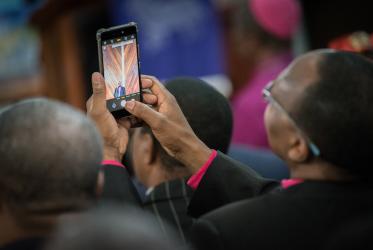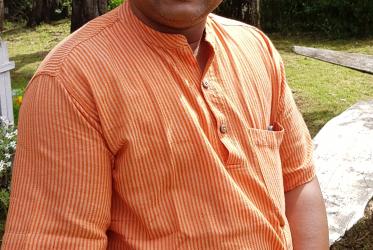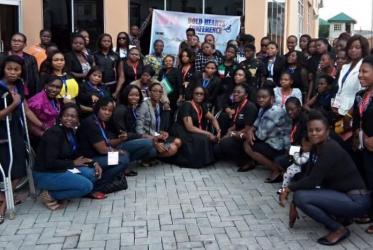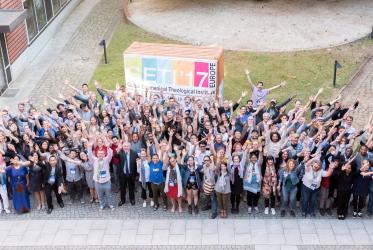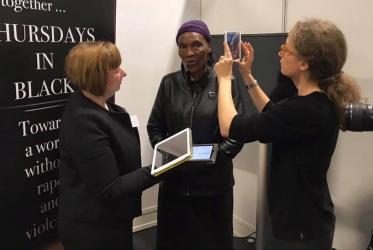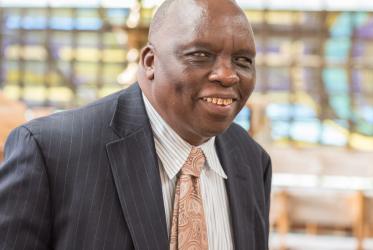Displaying 1 - 20 of 34
Promoting human dignity through art
06 September 2022
Women with disabilities want to belong in churches
31 August 2022
Rev. Dr Hans-Ruedi Weber dies at 97
29 October 2020
In a COVID-stricken world, “everyone is important”
23 October 2020
Advancing a disability-inclusive response to COVID-19
21 April 2020
Paving the way for ecumenical studies, learning English in Bossey
24 September 2018
Dr Samuel George: “Ensure all are included"
12 June 2018
“We are to pass on the mantle”
31 May 2017
Sam Kabue: from the village to the world with eyes wide open
27 October 2016




